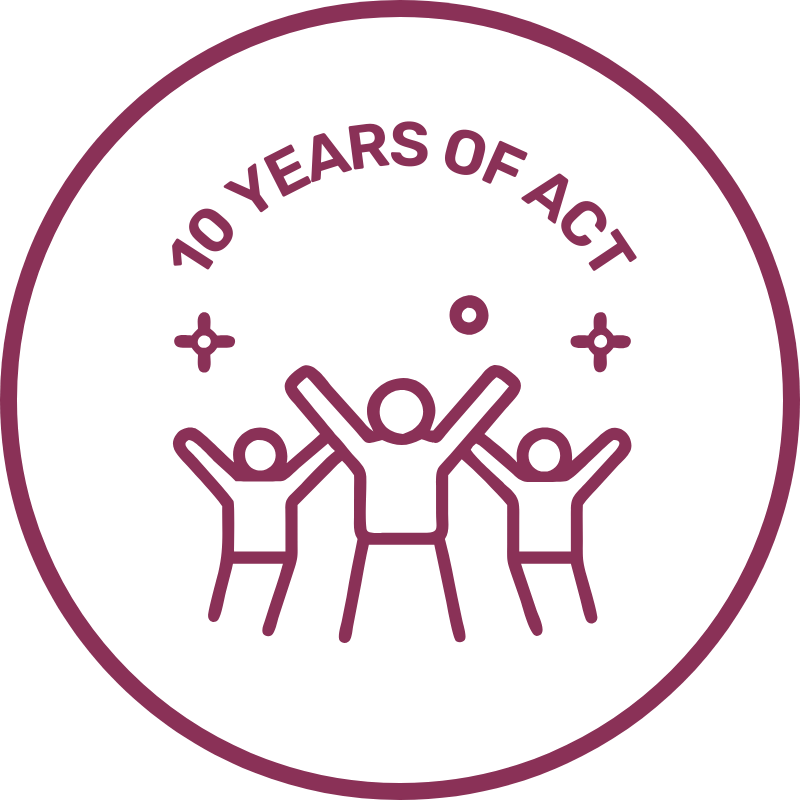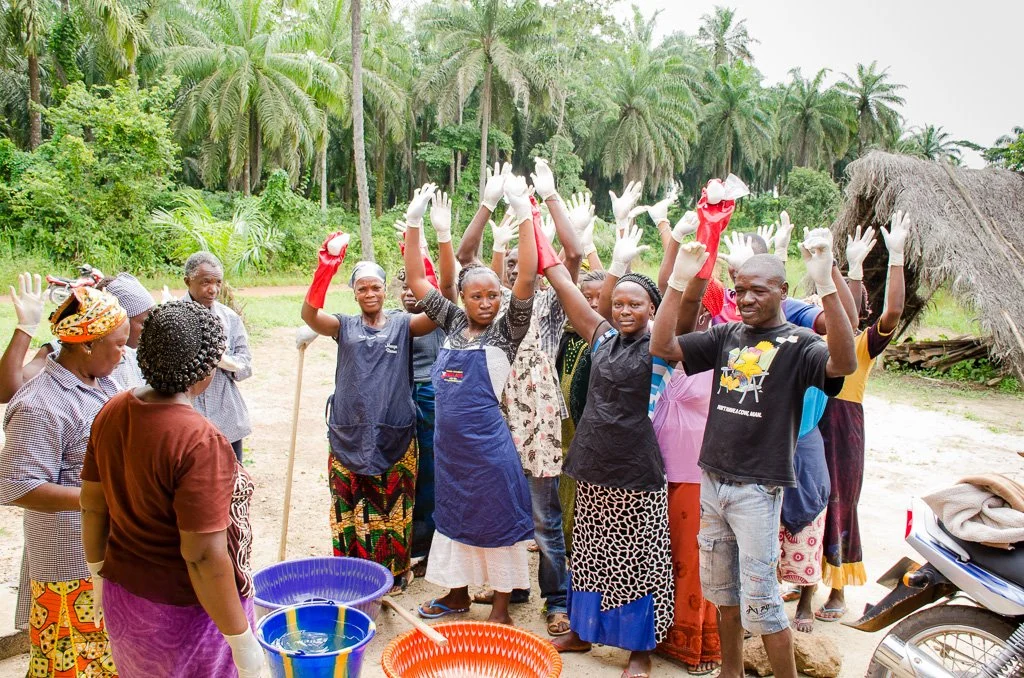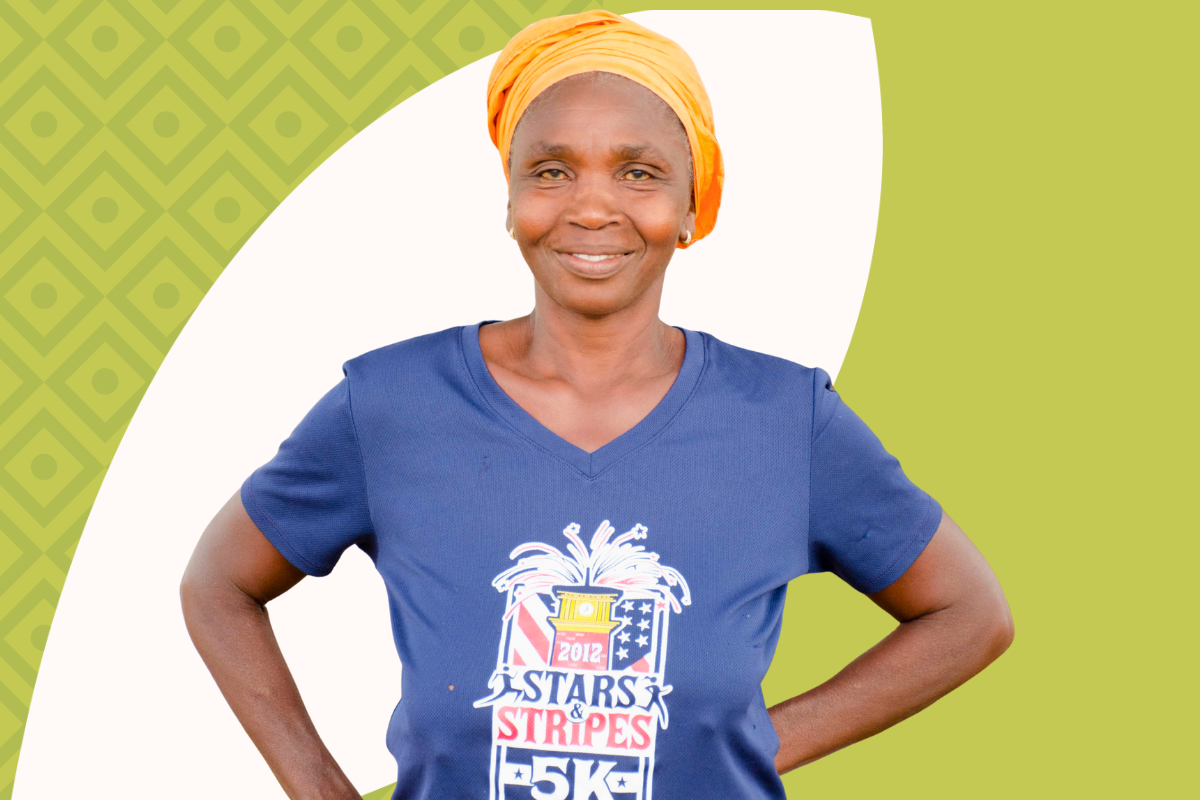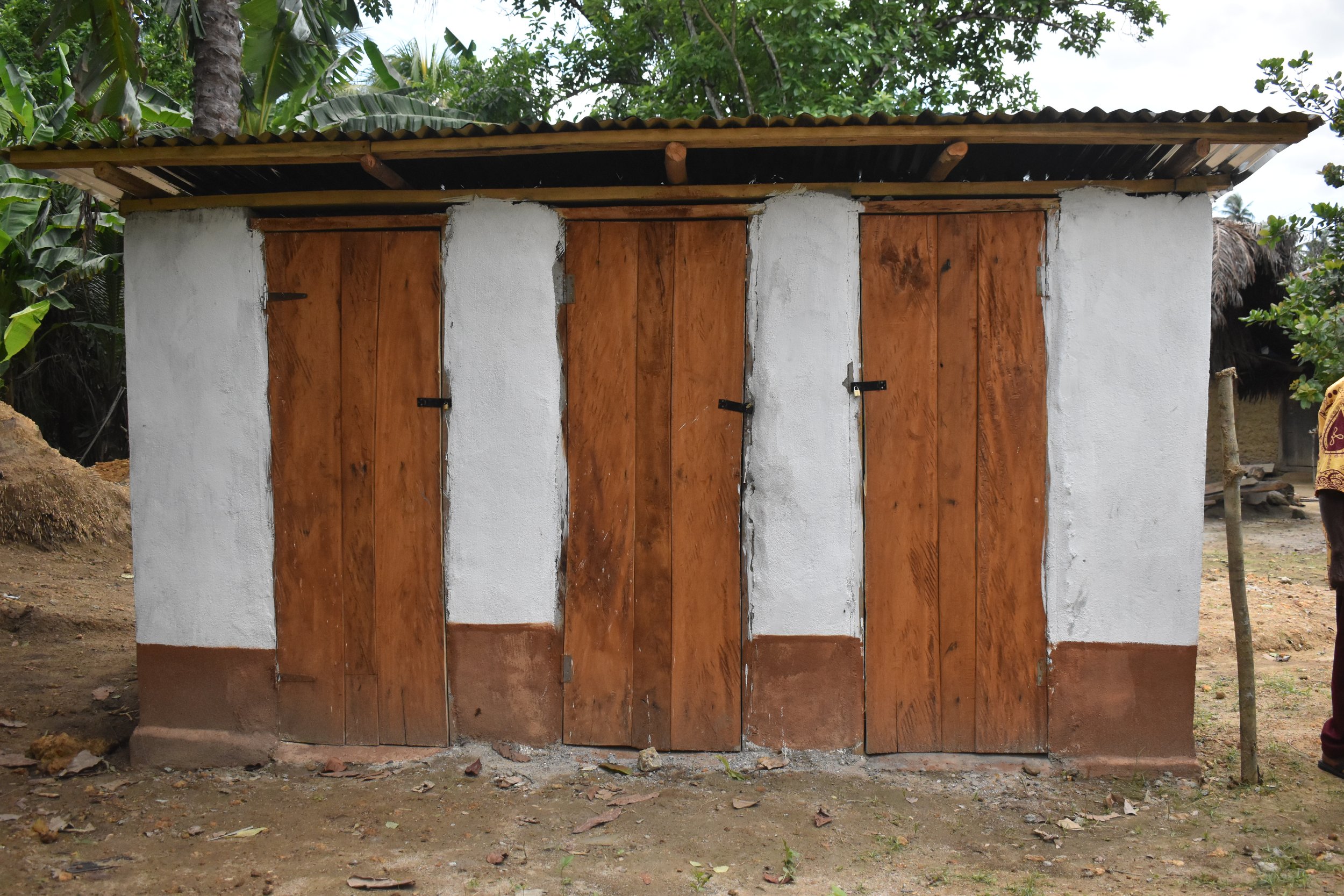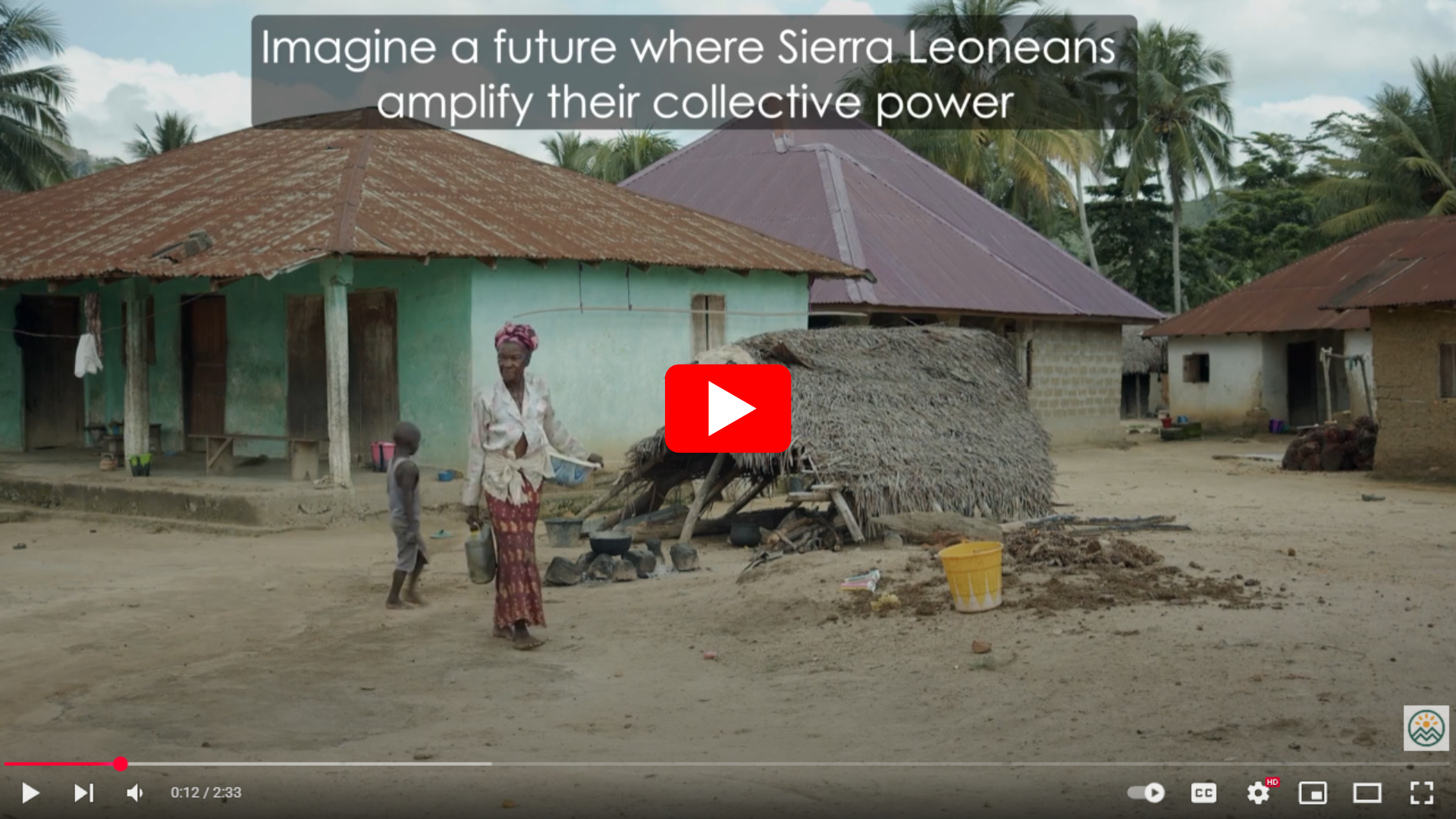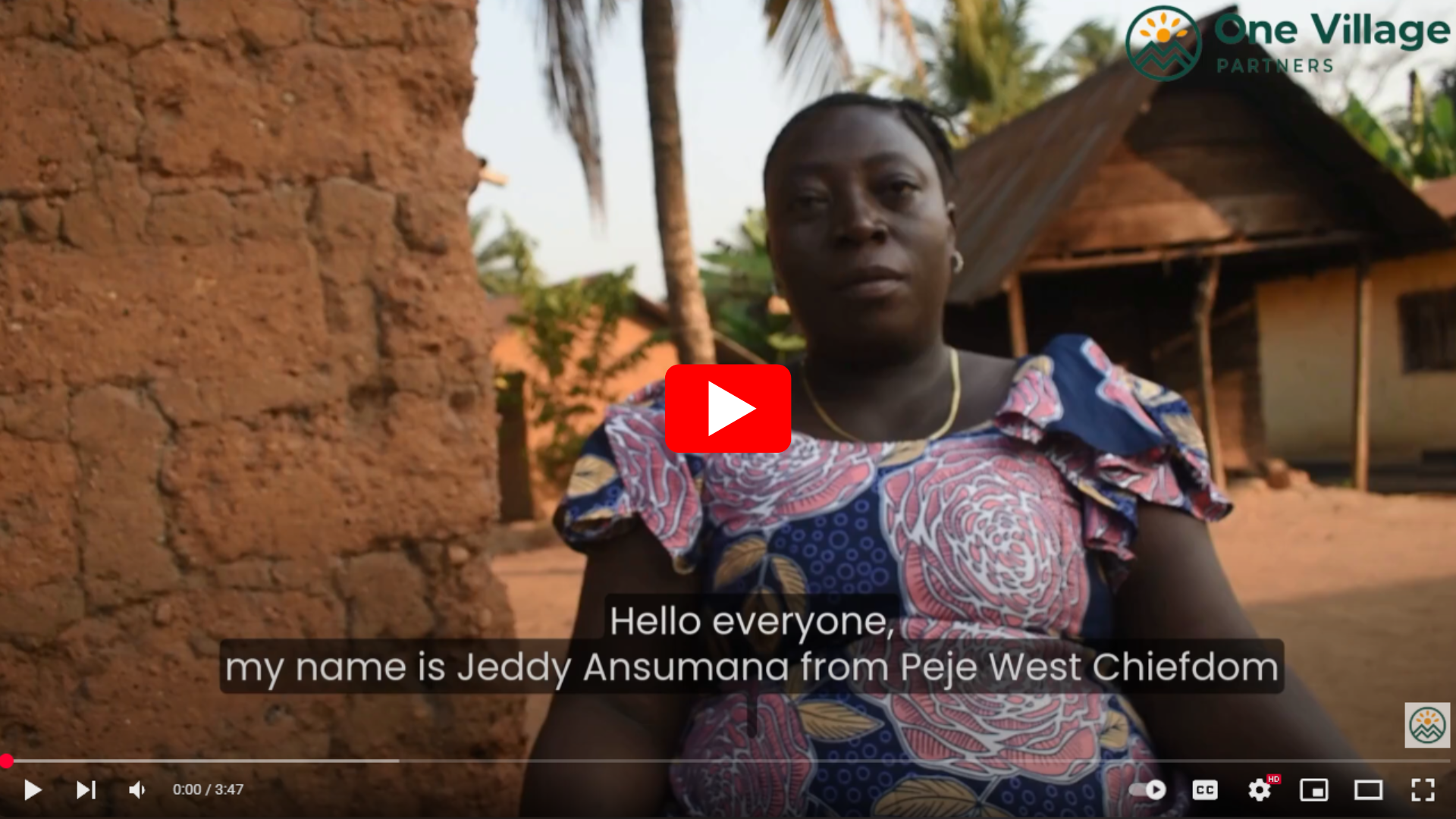
2024 Annual Report
ACT Nyandehun
Dear friends and supporters,
As we reflect on the past year, we are filled with deep gratitude for your unwavering support. Your generosity continues to fuel One Village Partners’ mission to advance impactful, community-led development across Sierra Leone. We are especially thankful for our dedicated staff and we extend heartfelt appreciation to Chad McCordic for his 10 years of visionary leadership.
Thanks to your partnership, 2024 was a year of meaningful growth. We expanded our reach into Kono District and laid the foundation for further expansion through new collaborations. Since 2014, we’ve reached over 75,000 individuals in our partner communities, and that number continues to grow.
The year also brought its share of challenges—rising inflation, political uncertainty, and unpredictable weather tested the resilience of our teams and partners. Yet, in the face of adversity, communities adapted with determination, continuing to build stronger, healthier futures.
This report highlights some of the most inspiring moments of the year—from celebrating 10 years of our Community Action Program to witnessing the growing momentum of women’s leadership and empowerment. The voices of our partners throughout these pages demonstrate the transformative power of local leadership and collective action.
As we look to the future, we are inspired by the determination of communities facing complex challenges with strength and vision. Our commitment to expanding programming across rural Sierra Leone remains strong, and we are eager to deepen partnerships that drive lasting, community-led change.
We invite you to explore the expansion plans outlined in this report and to reaffirm your commitment to a future where individuals and communities thrive through their own leadership.
Thank you for believing in this work and for walking alongside us every step of the way.
With gratitude,
Jill LaLonde
Executive Director
Shétu Rose
Board Chair

Our Mission
At One Village Partners, our mission is to enhance collective wellbeing across Sierra Leone by investing in people and communities through partnerships.
Our Vision
We envision a future where Sierra Leoneans amplify their collective power to lead transformational change in their communities.
Peje Baoma Voting Meeting
Since our inception, we've reached over 75,000 individuals across 65 communities, fostering inclusive leadership, gender equity, and sustainable development. Our community-led approach continues to empower local leaders and volunteers to drive meaningful change from within.
Strategic Expansion
This year marked a powerful milestone for One Village Partners as we expanded our Nurturing Opportunities for Women (NOW) program into Kono District. Building on years of expanding gender equity and resilience for women, plus our learnings from thousands of NOW participants, our team worked closely with local leaders in new communities to launch our official expansion into Kono. This will allow us to reach 1,000 additional women in 2025, which will lead to increased earned income and women’s decision making in their households. The expansion reflects both our deepening presence in Sierra Leone and the growing demand for community-driven solutions across the country.
In another exciting step forward, One Village Partners officially came together with Africa Uplifted, a nonprofit with a shared commitment to community empowerment and a longstanding presence in Sierra Leone. This coming together brought dedicated staff, trusted partnerships, and new relationships in and around Makeni into the OVP family. We are deeply grateful to Africa Uplifted’s founders for their vision and partnership, and we’re excited to carry forward this legacy through an expanded footprint and unified mission.
Makka NOW II
“Expanding into Kono and joining forces with Africa Uplifted represent powerful steps forward for One Village Partners. These milestones reflect our belief that true, lasting change begins when communities lead the way—and we’re honored to walk alongside even more partners in building that future.”
— Jill LaLonde, Executive Director
ACT Potoru Community members voting
10 Years of ACT
In the ten years since One Village Partners launched the Community Action program (ACT), rural communities in Sierra Leone have proven that when development is locally led, it is not only sustainable—it’s transformative.
ACT, our flagship program, began as an idea rooted in trust: that communities understand their challenges and have the wisdom to solve them, given the right tools and support. A decade later, the results are visible in the homes, health centers, and leadership circles of partner communities like Grima, Mamboma, and Gbeka.

What is ACT?
Communities lead their own development by implementing projects through a structured, participatory program called ACT. This step-by-step process empowers them to identify challenges, set priorities, design solutions, and carry out implementation. One Village Partners supports this journey by offering training, coaching, and resources — but it’s the community members who make the decisions and take action.
ACT PROGRAM HIGHLIGHTS
Grima Handover Ceremony
Grima: A Community Shaped by Self-Reliance
Grima has been a pioneer in the ACT journey. From 2015-2017, community members were eager but unsure of their capacity to lead their own development. Today, Grima is a hub of innovation, resilience, and local leadership.
Farmers in Grima no longer struggle with post-harvest losses. The construction of a centralized community store and dry floor facility has transformed food preservation practices, enabling families to store grain safely, sell at favorable prices, and reinvest in the community. With fewer pest infestations and better crop storage, food security has improved dramatically.
More importantly, women and youth in Grima are at the forefront of decision-making. Women now hold positions on sanitation committees, leading initiatives that have eliminated open defecation and drastically reduced waterborne diseases. Volunteer leaders trained through ACT are no longer waiting for external help; they are launching and managing their own development projects with confidence and skill.
83%
of community members feel that decision-making power is shared equitably
Grima
Population: 923
2016: Clean cooking spaces
2017: Latrine and sanitation system
2018: Agriculture produce store and drying floor
CAG members and OVP staff
''Together we are saving lives of women and all our community members.”
— CAG members, Grima
Mamboma: Resilience and Growth from the Ground Up
Mamboma joined the ACT program in 2015, bringing with it a strong sense of community and a deep desire to build a better future. Over the last decade, the village has made strides in agriculture, youth engagement, and public health.
Farmers in Mamboma adopted improved cultivation methods for Inland Valley Swamp rice farming, a practice introduced through ACT trainings. The impact has been remarkable: not only have yields increased, but the surplus has allowed families to save seeds, reduce dependency on external food aid, and collaborate on communal farming.
Washing Cassava in Mamboma
Brima Senesie, ACT Mamboma
ACT Mamboma Soap Training
Sanitation campaigns have taken root. The use of latrines is now widespread, and community health has seen steady improvements. Diseases like cholera and dysentery, once common during the rainy season, have become rare thanks to safe waste practices and health education.
Mamboma has also seen a notable reduction in youth-related crime, as vocational training and livelihood opportunities have given young people a constructive stake in their community’s development.
of community structures established in 2015 remain functional and sustained as of 2022
96%
Mamboma
Population: 795
2016: Latrine and sanitation system
2017: Skills training center
2018: Agricultural produce store, seed bank and farmers training
"We’ve gone from being observers to being leaders. I now mobilize women to speak, lead, and transform our future.”
Zainab, Mamboma Community Member
Gbeka Monitoring Training
Gbeka: Ownership, Innovation, and Collective Progress
Gbeka’s ACT journey began in 2015, and it stands today as a powerful example of what community ownership looks like in practice.
Early ACT interventions helped Gbeka rehabilitate water wells and introduce household latrines, significantly reducing incidences of diarrhea and other waterborne diseases. But the true measure of progress lies in the systems the community has built to maintain and expand on this infrastructure. Local households contribute to a development fund managed by community leaders, ensuring the long-term sustainability of key projects without external dependence.
Equally transformative is the shift in leadership culture. Women have stepped into public life, leading development planning and holding key positions in decision-making bodies.
Youth, once sidelined, are now active contributors to governance and problem-solving efforts. Volunteers trained through ACT have become watchdogs and stewards of development, often holding other NGOs accountable to the community’s priorities.
Gbeka - ACT Phase II Focus Group
Gbeka
Population: 878
2016: Latrine and sanitation system
2017: Clean water wells
2019: Youth skills training center
100%
of Gbeka NOW graduates report contributing in community meetings
“I’m proud of all I’ve learned from One Village Partners. The leadership training has empowered us to shape our community with vision and purpose.”
Watta Moriba and daughter, Gbeka Community Member
Looking Back, Looking Forward
Ten years of Community Action have affirmed what we believed from the beginning: communities are not passive recipients of aid—they are architects of change. Grima, Mamboma, and Gbeka each demonstrate the diversity of what community-led development can look like, but they share a common thread: a shift from waiting to acting, from depending to leading.
As we enter the next decade of ACT, we do so with deeper trust in the communities we serve and a renewed commitment to the principles that have carried this work forward: partnership, participation, and purpose.
36,840
individuals impacted across 33 partner communities since 2015

Daru Hub, CAG's and NOW Participants celebrating International Women's Day
Leading Together: Women at the Heart of Change
In 2024, over 800 women participated in the Nurturing Opportunities for Women (NOW) program, marking our most expansive year yet. Through three transformative phases, these women became financial decision-makers, entrepreneurs, and agricultural leaders shaping not just their households, but entire communities. As we look ahead to 2025, this momentum carries us into new territory: Kono District, where 1,000 more women and families stand ready to lead the change.
NOW PROGRAM HIGHLIGHTS
Phase 1: Strengthening Household Finances
The journey begins at home. In 2024, 468 women graduated from NOW: Strengthening Household Finances, gaining tools to plan, save, and make confident financial decisions. But the real transformation happened beyond the classroom. These women sparked courageous conversations around kitchen tables, challenged long-held gender norms, and made space for shared decision-making in their homes.
For many, this phase marked a turning point, both financially and personally.
women graduated Phase 1 of the NOW program in 2024
468
NOW Household Finances in Kambama
“The culture of savings and budgeting saw me through my struggle, as it is the tool for my success. Through the NOW learning, I plead to other women to embrace change.”
— Hawa, Ngolahun, NOW graduate
Phase 2: Improving Income Through Business Skills
Building on that foundation, 462 women advanced to NOW: Improving Income Through Business Skills. Through picture-based tools and hands-on learning, they mastered the basics of business—tracking income and expenses, managing risk, and maximizing profits. From market stalls to tailoring shops, women are launching businesses that fuel local economies.
98%
of women who graduated Phase 1 also graduated Phase 2 in 2024
NOW Business Skills in Nyandehun
“Before OVP, I did not know how to do calculations on what I have sold... But now, thanks to OVP, I can now do some savings and budget over the types of goods I want to buy.”
— Bashiratu Momoh, Kambama, Kailahun District
Phase 3: AgriBusiness, Sowing Seeds for Sustainable Change
This phase of the NOW program was our greatest area of growth in 2024. Across 16 communities, 420 women came together to literally and figuratively plant the seeds of long-term food security. Together, they planted 168 bushels of rice, contributing to both household nourishment and sustainable income. From last year’s pilot cohort, 320 bushels were already harvested—feeding families and demonstrating that this model works.
estimated combined savings
$9,633
Majoe NOW, Phase III women learning how to measure for garden
“One Village Partners training enhanced my ability to improve agricultural productivity.”
— Baindu Amara, volunteer-leader from Magbema
Looking Ahead: Expanding the NOW Program to Kono
In 2025, we take the next bold step in program growth: expanding the NOW program into Kono District. This expansion will reach an estimated 1,000 additional women and their families, building on our strong foundation in Kailahun and leveraging lessons learned from previous implementation.
As we enter this new region, our goal remains the same—equipping women with the tools and support to lead change in their households and communities. The program will continue to follow a phased approach, focusing on household financial planning, business development, and agricultural productivity.
This growth reflects both the continued demand for the NOW program and the measurable results it delivers in financial stability and community leadership.
Voices from the Community: How WASH Changed Lives
From Open Defecation to Ownership: The Power of Sanitation in Sawula and Potoru
In 2024, two communities Sawula and Potoru, proved that access to clean, safe sanitation isn’t just a health intervention. It’s a catalyst for dignity, community leadership, and sustainable change.
Through One Village Partners' Community Action Program (ACT), both communities prioritized sanitation, designed their own solutions, and implemented projects that benefitted over 2,000 people across both sites.
ACT, Sawula latrine project
Sawula: Restoring Dignity and Preventing Tragedy
With 93% of residents lacking access to latrines in 2022, Sawula faced repeated health crises including a devastating diarrhea outbreak in 2019 that claimed the lives of several children. In 2024, this changed.
The community designed and built new ventilated improved pit latrines, educated households on hygiene, and re-established sanitation by-laws. Over 1,000 residents now have access to safe defecation, and open defecation is significantly reduced.
of households report safe defecation practices
81%
people educated on hygiene and sanitation
800
ACT Sawula Latrines
“My child never made it. He breathed his last on the way to the clinic. We lost him because we didn’t have clean sanitation. But today, our community has changed that. We’re taking control of our future.”
— Iye Vandi, Volunteer Leader, Sawula
Potoru: 27 Latrines, 1,073 Lives Transformed
Potoru, one of the largest communities in Mandu Chiefdom, had long struggled with open defecation, water contamination, and poor sanitation habits. In 2024, the community came together to construct 27 latrines with four drop holes each, serving over 1,073 residents, including children.
But the impact went beyond infrastructure. Through public sensitization and household education, residents adopted safer hygiene habits, leading to lasting behavior change across the community. Parents reported fewer school absences due to illness and a newfound sense of community pride.
“When my sister’s son got sick during a visit, it cost us days of school and unexpected medical bills. Now, our children have safe places to go and a future that’s healthier.”
— Osman Ansumana, community member, Potoru
80%
of households now adhere to sanitation by-laws
77%
of people can explain how to prevent diarrhea-related diseases
Lasting Change Through Community Leadership
What began as latrine construction has grown into something deeper: a community culture of health, dignity, and ownership. The ACT program in Sawula and Potoru has proven what’s possible when local people lead the way.
Together, they’ve reduced illness.
Together, they’ve reclaimed dignity.
Together, they’ve built a better future.

Most Significant Change Story
Jeddy Ansumana, a 35-year-old mother of three from Peje Baoma, has witnessed a remarkable transformation in her life and community through the support of One Village Partners' Community Action Program. Her journey from financial instability to becoming a successful businesswoman and community leader is an inspiring testament to the power of community-led development. Click the video below to hear her story in her own words.
2024 Financial Summary
Programmatic expenditures in 2024 exceeded projected revenue due to a strategic decision to accelerate village-level activities in alignment with partner priorities. This approach was undertaken with full consideration of anticipated future funding resulting from the organizational merger, including expanded fundraising capacity and committed resources expected in 2025.
Revenue Breakdown
Total Revenue: $848,554
Expenses Breakdown
Total Expenses: $1,190,499








